Peristaltic Pump Articles
Peristaltic Pump Articles

Exploring the Operation Principles and Characteristics of Peristaltic Pump Motors
In modern industries and laboratories, peristaltic pumps play a crucial role in fluid transfer, with the reliability and efficiency hinging upon a critical component: the peristaltic pump motor. The peristaltic pump motor is the key element driving the normal operation of the pump, utilizing a special mechanism to propel fluids and finding applications across industries such as chemical processing, medical, and food production. Let's delve...

What’s The Applications of Peristaltic Pumps in the Water Treatment ?
In the water treatment industry, the use of industrial peristaltic pumps has become increasingly prevalent due to their unique advantages and suitability for various critical applications. Peristaltic pumps, also known as hose pumps, offer a reliable and efficient method for transferring fluids without contamination or damage to the pumped medium. Here's a closer look at how peristaltic pumps are utilized in water treatment processes: Chemical...
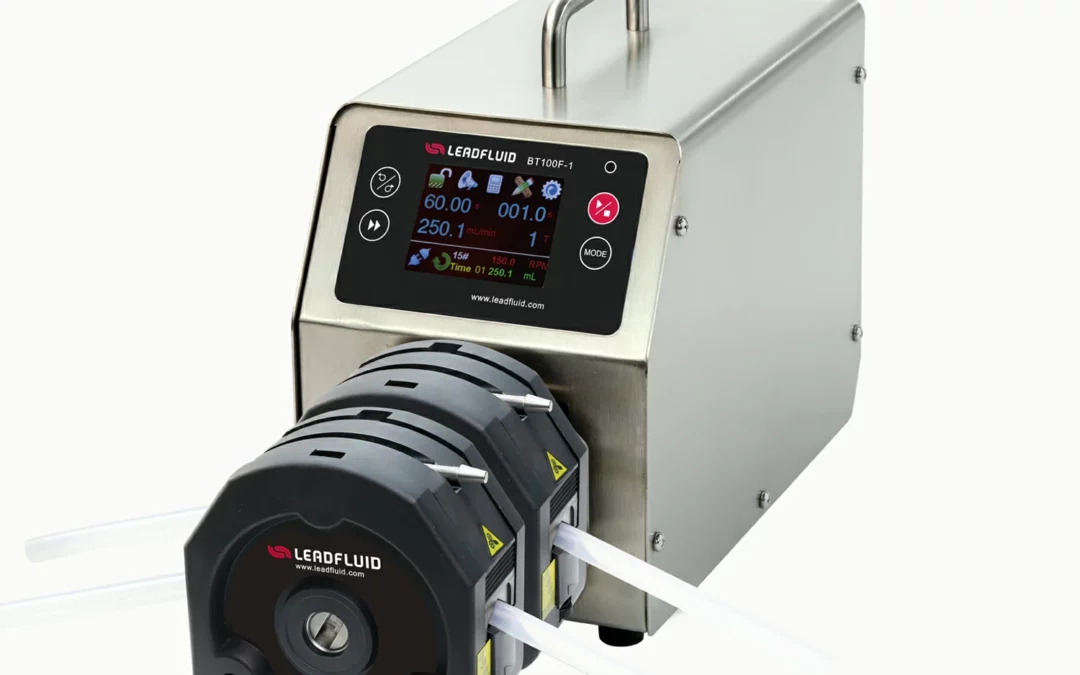
LEAD-FLUID Provides Quality Peristaltic Pumps For Different Industry
When it comes to peristaltic pumps, LEAD-FLUID is a leading manufacturer in China. With their expertise in dispensing peristaltic pumps, lab peristaltic pumps, and microfluidic peristaltic pumps, they have established themselves as a trusted name in the industry. Offering top-notch quality and reliable performance, LEAD-FLUID's peristaltic pumps cater to a wide range of industrial applications. China Dispensing Peristaltic Pump Factory ...
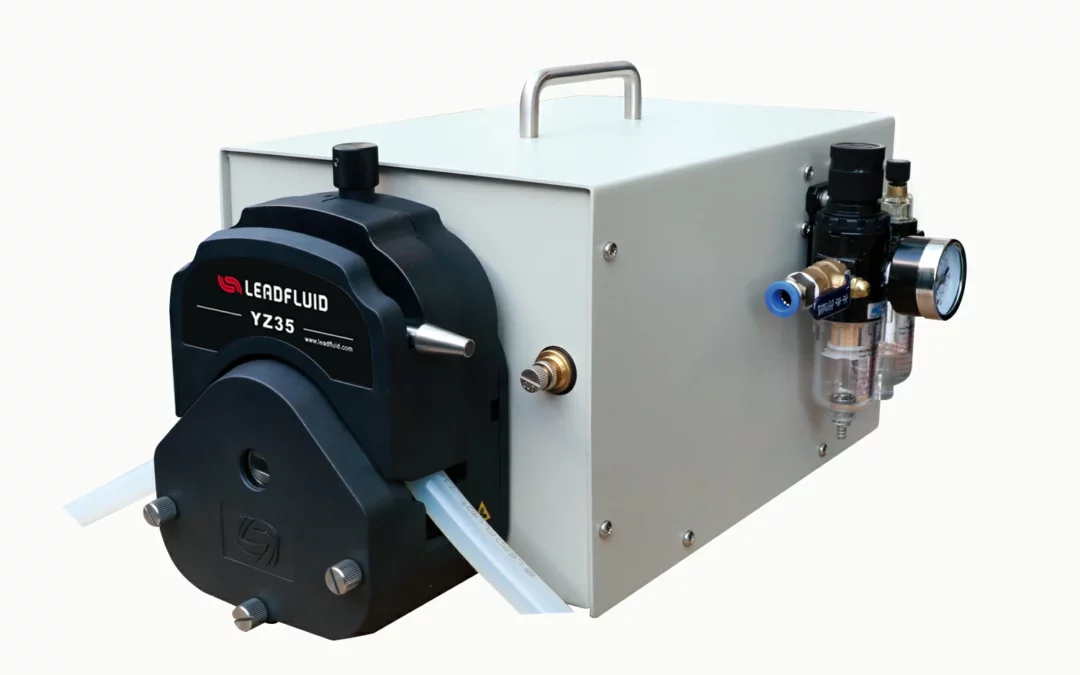
Exquisite Engineering Marvel: Precision Gear Pumps
Pumps are essential components in fluid transfer systems across a variety of industries, including chemical processing, pharmaceuticals, food production, and laboratory settings. Three distinct types that have carved their niche in these sectors are the precision gear pump, the peristaltic chemical pump, and the digital peristaltic pump. Each type offers unique features and benefits tailored to specific applications, ensuring accurate,...
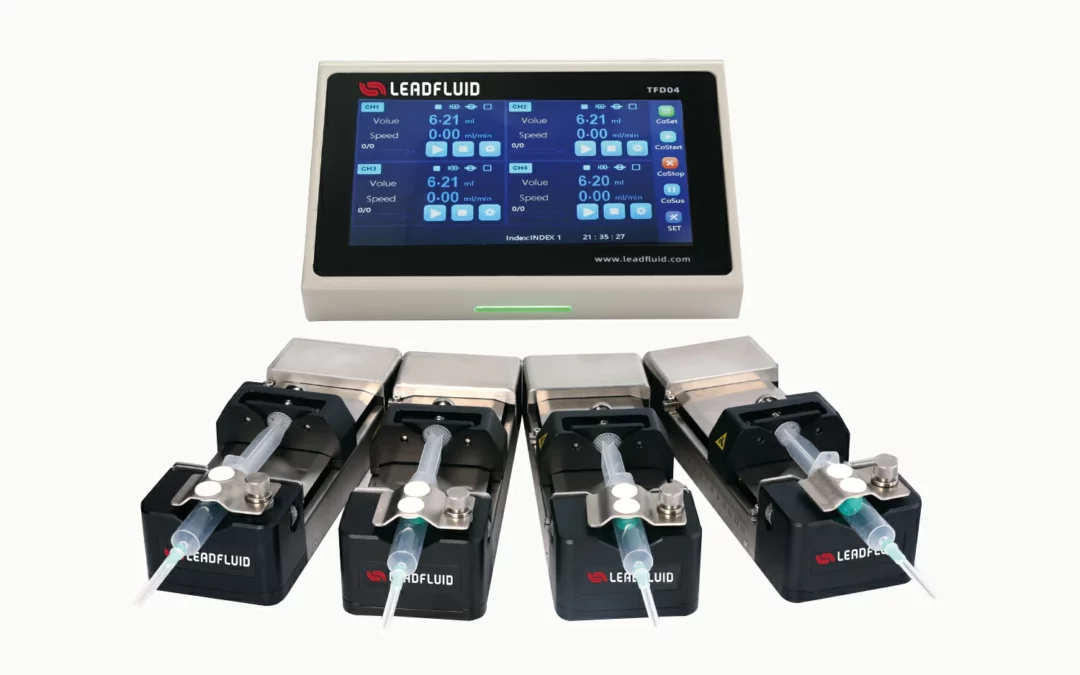
The Dual Syringe Pump: Innovating Precision Fluid Delivery
Within the domain of fluid manipulation and exact dispensation, syringe pumps assume a crucial position across diverse industries, research facilities, and medical environments. This piece explores the operations, uses, and advantages of industrial syringe pumps, dual syringe pumps, and laboratory pumps, emphasizing their importance within contemporary fluid control systems. Industrial Syringe Pump: Enhancing Precision In Manufacturing...
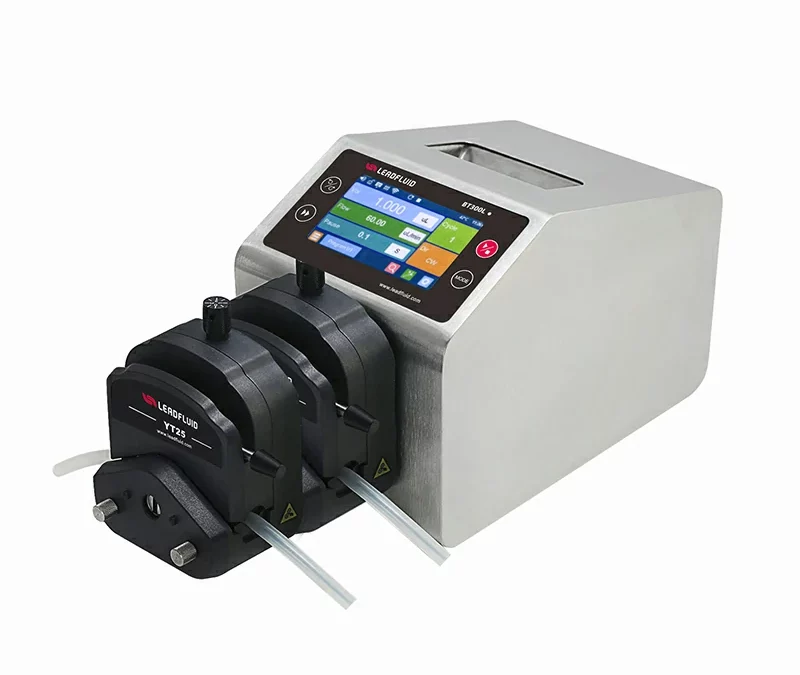
Mastering Flow Dynamics: Unveiling the Secrets of Flow Rate Pump!
In settings like laboratories and diverse industries where exacting fluid conveyance is paramount, flow rate pumps emerge as indispensable instruments. In this realm, lab peristaltic pumps shine for their precision, adaptability, and maintenance simplicity. Central to their functionality are the silicone tubing dimensions, a pivotal factor influencing efficiency and suitability for particular applications. Understanding Flow Rate Pumps Flow...
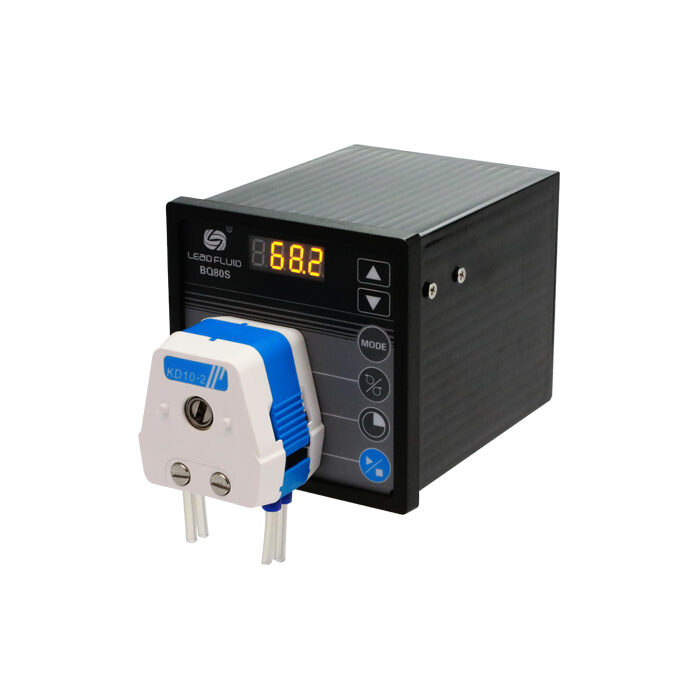
Harnessing Precision And Portability: The Marvels Of Miniature Peristaltic Pumps
Miniature peristaltic pumps, commonly referred to as microfluidic peristaltic pumps, represent cutting-edge fluid manipulation apparatus that have left a profound imprint on domains encompassing laboratory investigations, medical diagnostics, pharmaceuticals, and a plethora of other disciplines necessitating meticulous and regulated fluid conveyance. These diminutive yet formidable tools derive their singular operational prowess from a...
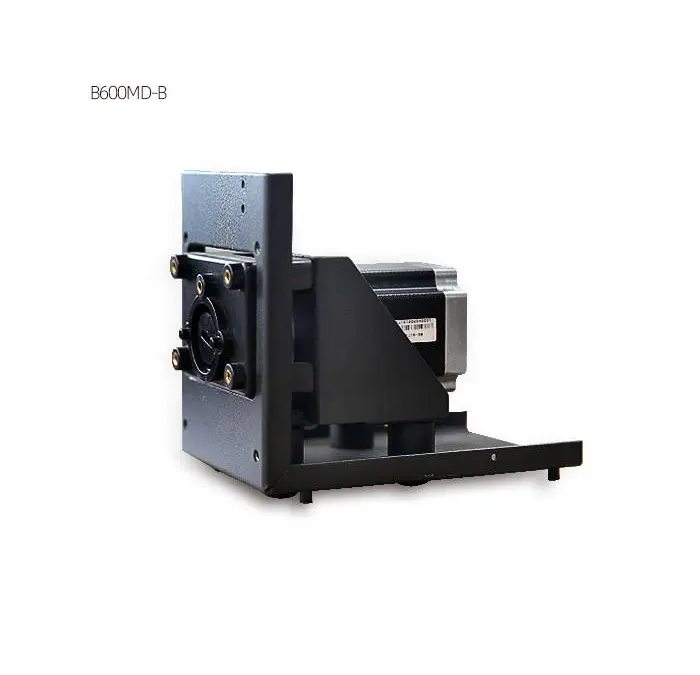
The Role of Peristaltic Pumps in Microdosing and Chemical Applications
In industries where precise fluid handling is critical, such as pharmaceuticals, biotechnology and chemical processing, the choice of pumping technology can significantly impact efficiency, accuracy and product quality. Peristaltic pumps have become indispensable tools in these fields, providing unparalleled precision, reliability and versatility. This article explores the functionality, applications and benefits of dispensing peristaltic...
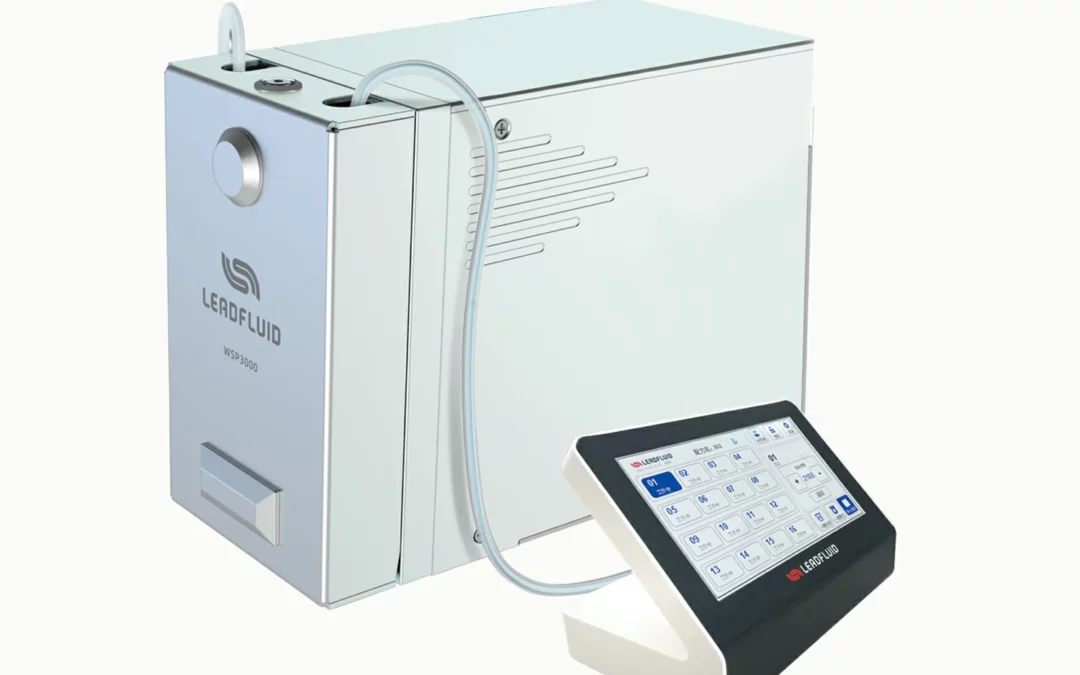
Fine-Tuning Flow: A Trio of Micro, Lab and Stepper Peristaltic Pumps
Known for their gentle, precise fluid handling capabilities, peristaltic pumps have become indispensable tools in lab research, industrial processes, and medical applications. Among the various peristaltic pumps available, micro peristaltic pumps, lab peristaltic pumps and stepper peristaltic pumps stand out for their unique features and applications, providing unparalleled accuracy, versatility and reliability in fluid handling tasks. Micro...
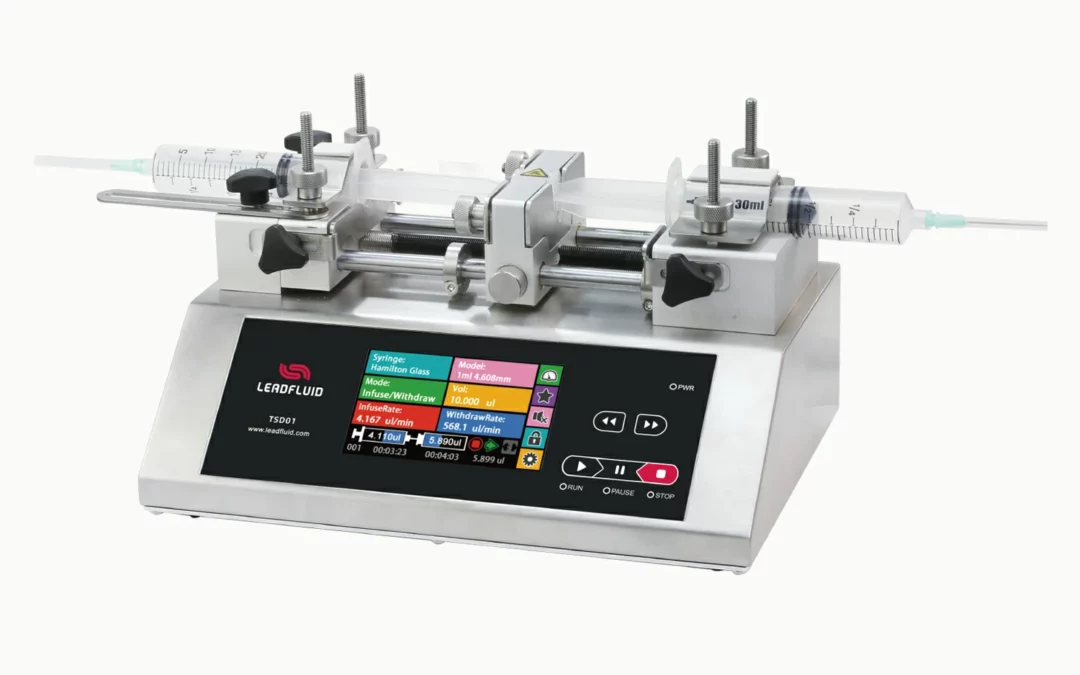
High Pressure Syringe Pumps Transform Lab and Industrial Operations
In the field of fluid handling technology, the development of syringe pumps is critical to revolutionizing Lab research and industrial manufacturing processes. High pressure syringe pumps, lab syringe pumps and industrial syringe pumps focus on precision, reliability and versatility and have become indispensable tools for scientists, researchers and engineers in various fields. High Pressure Syringe Pumps: Precision Under Extreme Conditions...